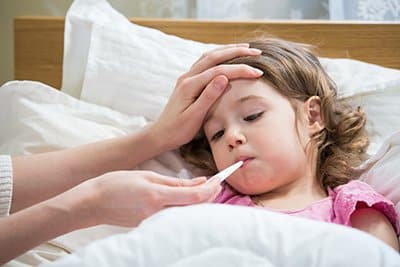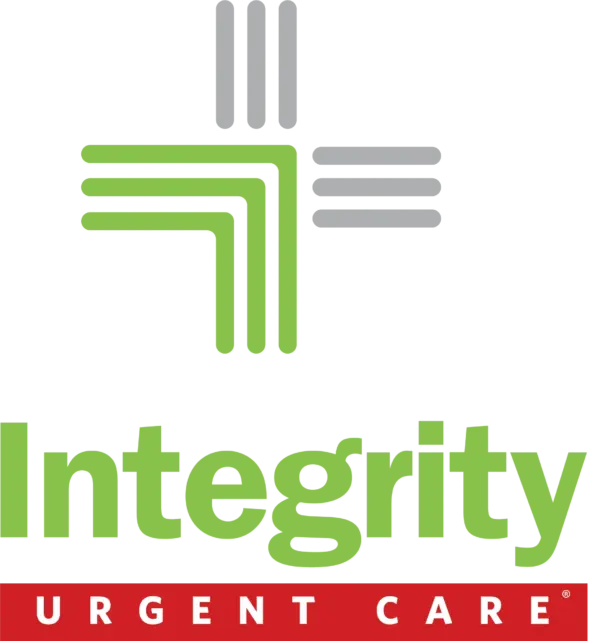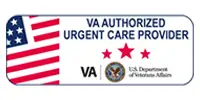This is the fourth in a series of blog posts designed to serve as a quick reference guide. Each will focus on a sudden injury or illness and is designed to help you make an informed decision on a plan of action when the unexpected happens.
Hand, foot, and mouth disease is a virus (sometimes referred to as the coxsackievirus), that commonly affects children under the age of five. Occasionally, older children and adults can be affected as well. Although hand, foot, and mouth disease can be incredibly uncomfortable for your child, it is rarely serious, and complications are very rare. Because it is a virus, there is no cure, but treatment can help ease his or her symptoms.
How do I know that my child has hand, foot and mouth disease?
Hand, foot, and mouth disease usually starts with a fever, sore throat, lack of appetite, and a general feeling of being unwell. One or two days after the fever starts, painful sores can develop in the mouth. These sores often begin in the back of the mouth as small red spots that can blister and become ulcers. A skin rash with red spots and sometimes blisters may also develop on the palms of the hands and soles of the feet. It can also appear on the knees, elbows, buttocks, and genital area.
Not everyone gets all these symptoms. Some people, especially adults, may show no symptoms but still be contagious.
How is hand, foot, and mouth disease treated?
In most cases, your child will recover within 7-10 days without treatment. You can help ease his or her symptoms by
- using a prescription or over-the-counter ointment to soothe blisters and rashes.
- giving pain medication, such as acetaminophen or ibuprofen, to relieve fever and pain. (Children under six months should not be given ibuprofen.)
- giving cold treats such as popsicles, smoothies, or ice cream to help with throat pain.
- avoiding citrus fruit, juice, soda, and salty or spicy food.
Some people, especially young children, may get dehydrated if they are not able to swallow enough liquids because of painful mouth sores. Call a doctor if you suspect that your child is dehydrated. Signs of dehydration include a dry mouth and lips and little to no urination.
Both Integrity Urgent Care locations are open daily from 8 am – 8 pm. Walk-ins are encouraged, and appointments are never necessary. We’re only a phone call away if you have further questions!
Sources: https://www.cdc.gov/hand-foot-mouth/about/prevention-treatment.html






